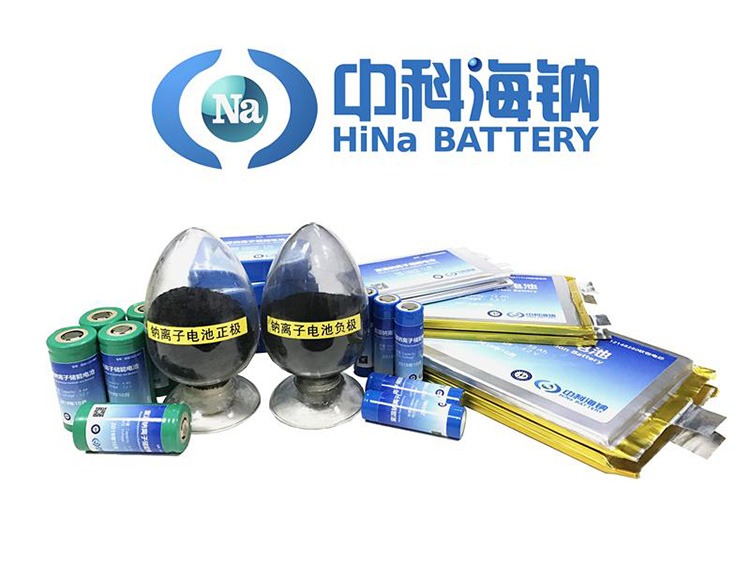there are already 40k in place across the south...do you read stories daily about them being sabotaged or vandalized?
you know i live in the south, do i seem like the kind of guy who would do that, without a very good reason?
i sometimes think this is the map you use...
View attachment 5235344
not every hillbilly is a bad person...we do not all fuck our close relatives, we don't all drink moonshine and cook meth...
and we don't blow up gas pumps or ev charging stations for no good reason...
there are a few people like you describe, and they do stupid shit, but they're a slowly shrinking minority, not a vast majority.
you need to come down here and take a vacation...actually meet some of the people you know so well










